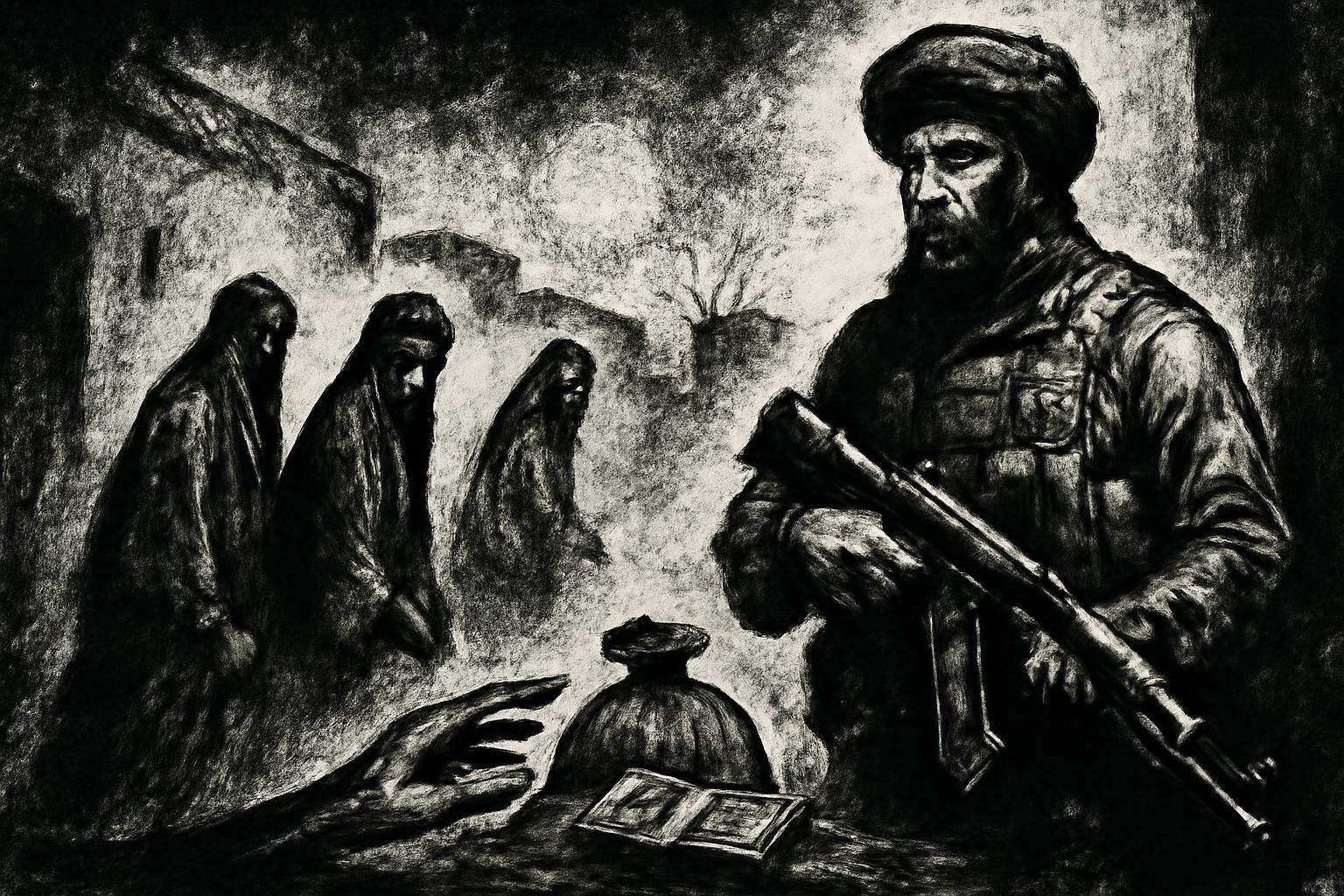Four years after the Taliban took power, poverty has surged and nearly half the population is in hardship. Women face severe restrictions: education and many careers are barred, and public life is tightly controlled; even speaking or singing in public can be deemed immoral. Aid work is harder because female NGO staff are barred, and relief projects stall. The UN cites around 100 decrees restricting women’s rights, with more than 78 percent of Afghan women out of education or employment. While the regime touts stability, over 20 million people need humanitarian aid, and shrinking international funding deepens the crisis. International engagement is creeping along: some states have reopened representations, Russia recognizes the regime, and Germany plans to accredit Taliban representatives in Berlin. Yet Fatema, like many, remains hopeful that change could come someday.
You want a fairy tale of “progress” and “stability”? Here’s the brutal truth they don’t tell you: it’s a hostage situation dressed up as governance. The so‑called moral crackdown isn’t about virtue, it’s about keeping a surveillance state intact while they inevitibly squeeze every last bit of power and money out of you. Western money, you see, isn’t some pure benevolence. It’s leverage, anesthetic for a conscience, a way to keep the lights on and the cameras rolling while the regime solidifies its grip. They pretend humanitarian aid is a virtue; it’s a pacifier for a collapsing system that needs to look "stable" to keep the big players feeding the machine.
And don’t kid yourself about “engagement” being some noble crusade. Reopening embassies, recognizing regimes, accrediting Taliban reps in Berlin—these aren’t acts of courage. They’re pragmatic pardons, a currency to buy legitimacy and access to resources, to keep the status quo intact while the world congratulates itself for “doing something.” Meanwhile, women like Fatema get erased from the public square, their ambitions crushed, their voices silenced not by mythic villains alone but by a chorus of international appeasement, bureaucratic delays, and aid conditionalities that pretend to help while ensuring the system survives.
Fatema’s stubborn hope is the real rebellion here. It’s not a headline; it’s a lived, daily resistance against a regime that uses fear to govern and charity to stay afloat. The question is whether the world will wake up, drop the theater of moral concern, and actually back people like her with real, unconditional support for freedom, education, and opportunity—or keep treating Afghanistan as a bargaining chip in some global chess game. If the latter, don’t expect those dreams to survive another four years.
